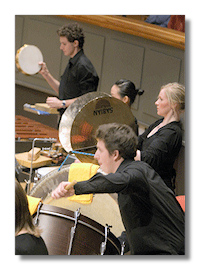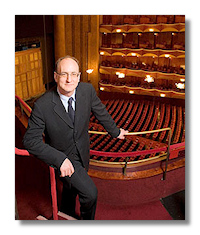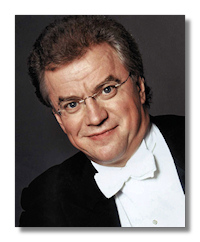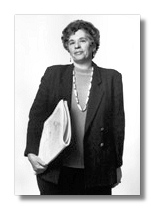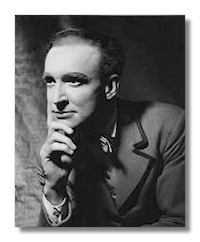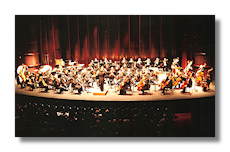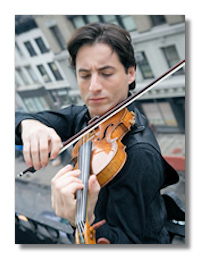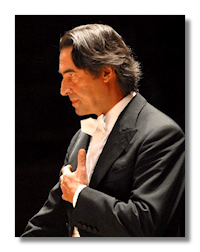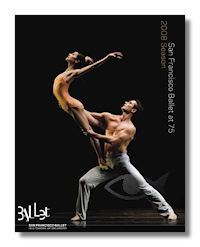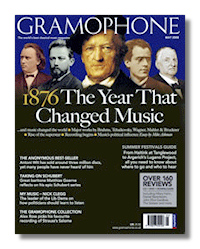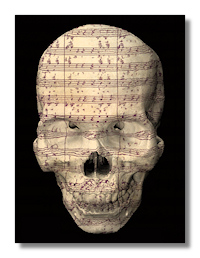
Songs in the key of death
Edward Wickham on how modern tastes in funeral music owe it all to a medieval composer who went out in style
Even if it is an urban myth, it deserves retelling. A bereaved family requested Queen's Bohemian Rhapsody for their loved one's funeral service. A CD was duly played, but the organist allowed it to run on to the next track: Another One Bites the Dust. This is up there with another, perhaps mythical, occasion when an organist misinterpreted a couple's request for "the theme tune from Robin Hood" and, instead of playing Bryan Adams's (Everything I Do) I Do It for You from the Kevin Costner film, launched into this bracing lyric from another era: "Robin Hood, Robin Hood, riding through the glen."
Choice of funeral music dates us just as surely as clothes or what children's programmes you remember with affection. One of the UK's current favourites, according to a recent survey, is Monty Python's Always Look on the Bright Side of Life. The well-balanced funeral or memorial service will, of course, provide an opportunity for both celebration and seriousness: there is a place for Monty Python and Monteverdi. And the best composers of funeral music can turn on a sixpence. Purcell's apparently simple Funeral Sentences masterfully moves from melancholy to hope in just a couple of chord changes.
Read more about this at The Guardian website:
http://music.guardian.co.uk/classical/story/0,,2282432,00.html
























